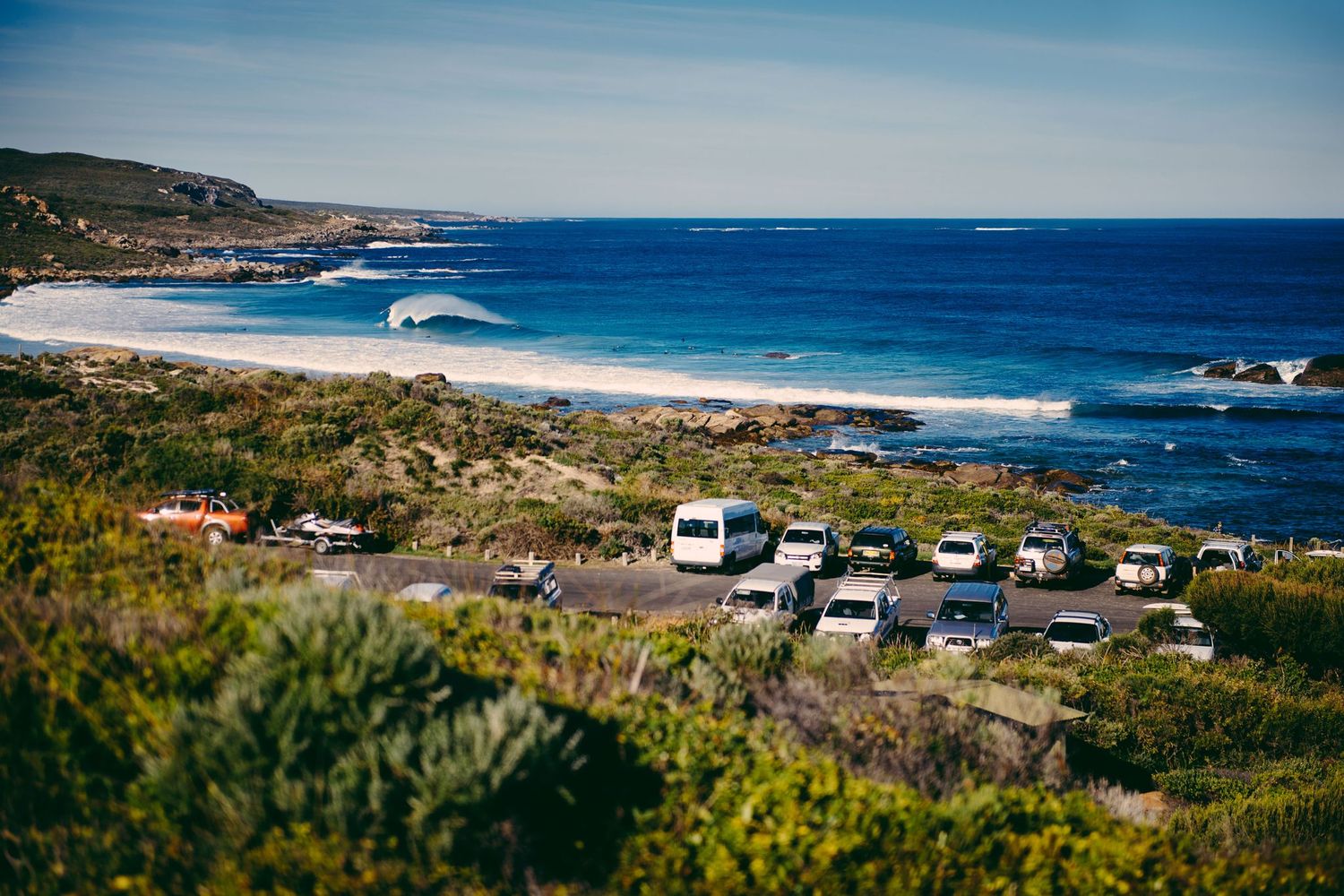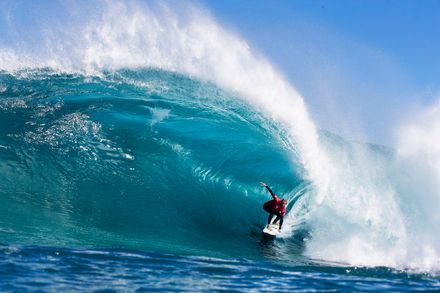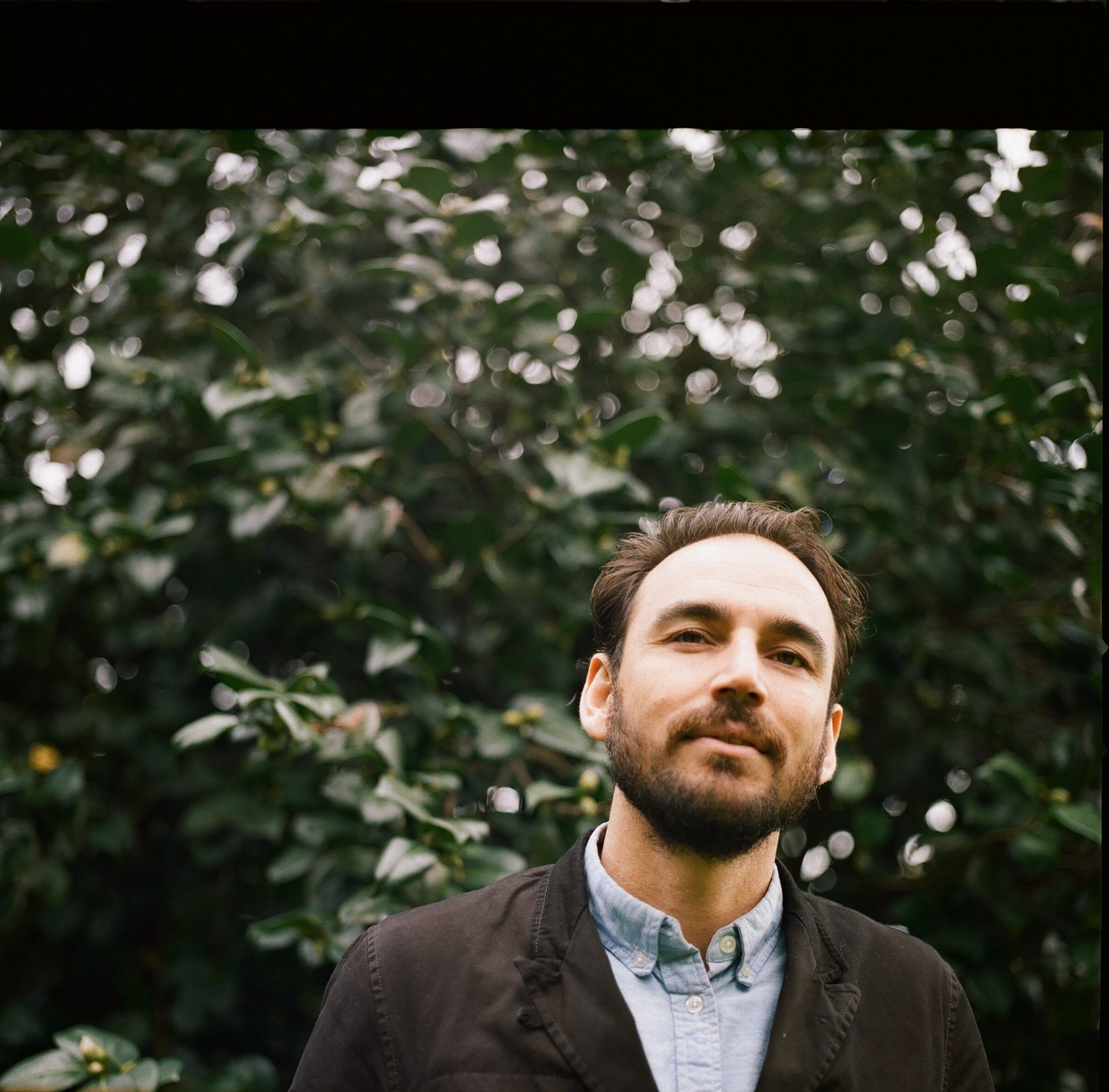Creatives often find energy from the natural environment.
Plants and animals inspire shapes in paintings and prints, photographers are eager to capture the raw light of dawn or dusk landscapes, and writers take up forest residencies to hone their craft. Robert Wood, a poet, is one of those creatives who was inspired by his connection to the land to write his latest book entitled ‘Redgate’, a title giving honour to one of the region’s popular but lesser known beaches. Robert grew up with an old timber family home off Redgate Road and checks on his craypots regularly around that part of the coast.
He’s spent years working abroad in places like New York and New Delhi, but always felt tied to the south west. His book traces themes of community through the familiar sea, sky and forest that compose the landscape of Redgate.
Robert shared some insights about his new book and what the Margaret River Region (Wadandi Boodja) means to him.


